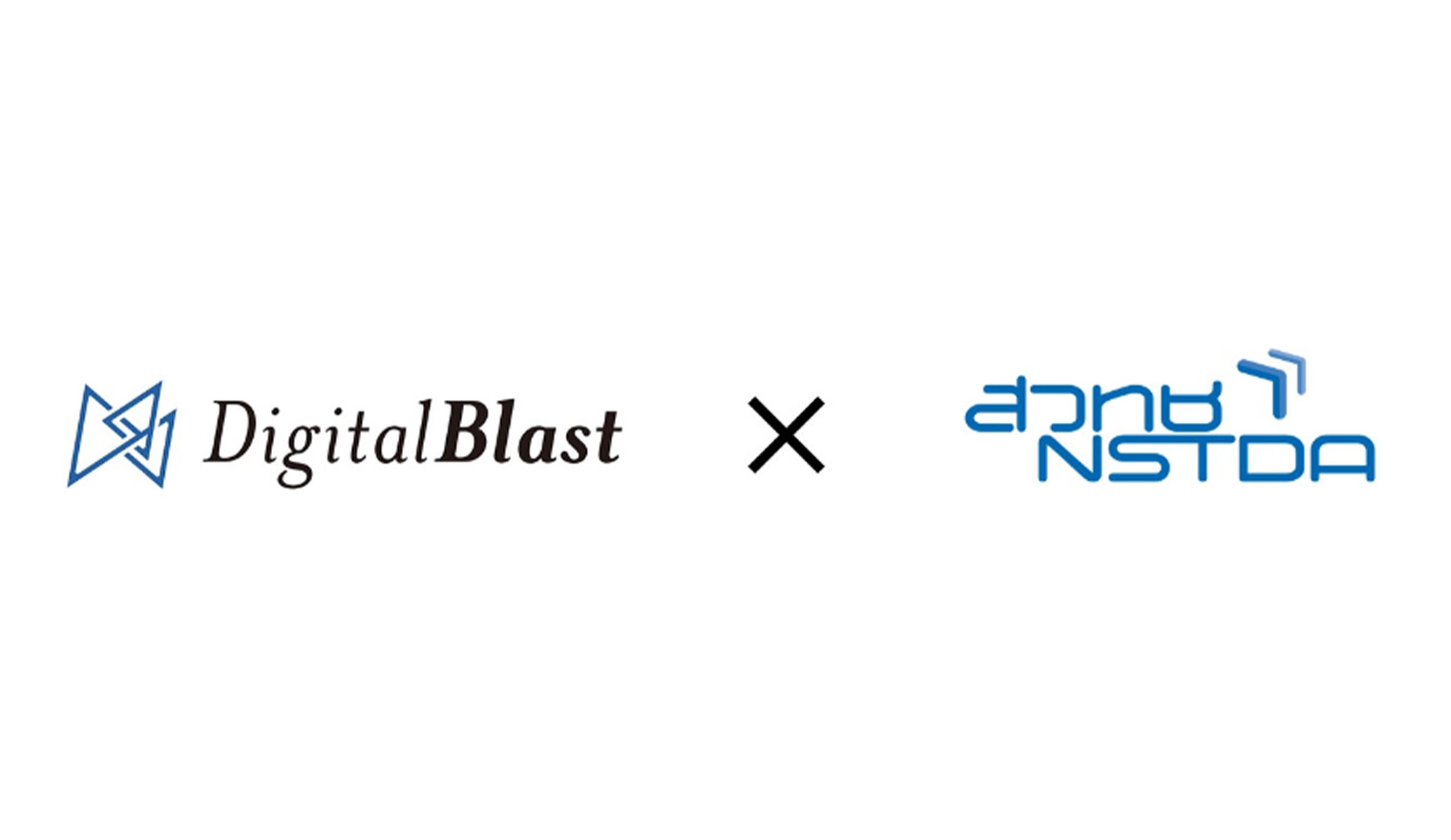
DigitalBlast to Collaborate with Thailand’s National Science and Technology Development Agency (NSTDA), Supporting the Arrival of Thai Students Participating in the Simple Experiment Program on the ISS “Kibo”. Building a Cooperative Framework for Space Experiments in the Field of Life Sciences with NSTDA.
April 11, 2023
DigitalBlast Co., Ltd. (Headquarters: Chiyoda-ku, Tokyo, CEO: Shingo Horiguchi, hereinafter referred to as DigitalBlast), a company that supports the revitalization of the space industry and the creation of new businesses in the space sector, has announced its support for the arrival of two Thai students who participated in the ‘Asia Try Zero-G 2022″ program held by the Japan Aerospace Exploration Agency (JAXA). In the future, we will build a cooperative framework with NSTDA in the field of life science space experiments.
DigitalBlast supported the travel expenses of two Thai students who came to Japan to participate in the “Asia Try Zero-G 2022” orbital experiment held at the JAXA Tsukuba Space Center on January 17, 2023. “Asia Try Zero-G 2022” is a program that conducts simple experiments selected from ideas submitted by students from the Asia-Pacific region on the International Space Station (ISS) “Kibo.” From Thailand, two themes were selected: “Observation of capillary phenomena in a microgravity environment” and “Observation of water droplet disturbances in a microgravity environment”, and the orbital experiments were conducted by astronaut Koichi Wakata, who was staying on the ISS at the time.
DigitalBlast has launched the NOAH project aimed at building an ecological circulation maintenance system on the moon in anticipation of humanity’s lunar exploration. The first step in this project is the small life science experiment device AMAZ, which creates an artificial gravity environment and allows for the cultivation of plants under various gravity conditions. In addition, development is underway for AMAZ Alpha, which is specialized for cell experiments.
These space experiment devices are provided as experimental environments for corporations and research institutions. DigitalBlast expects them to be used by users from not only within Japan but also from around the world for life science experiments in a microgravity environment. Through collaboration with NSTDA, DigitalBlast will contribute to expanding opportunities for space experiments in the field of life sciences.
Visit to DigitalBlast Office




During their stay in Japan, a visit to the DigitalBlast office was conducted, where the two Thai students and the accompanying NSTDA staff interacted. They were briefed about the efforts in space experiment device development and the upcoming space experiments surrounding the prototype of AMAZ.
Furthermore, an interview video regarding this initiative is available on the YouTube channel “Space Collaboration.” It features the two Thai students discussing their motivation for applying to “Asia Try Zero-G 2022” and the details of the orbital experiments they were involved in.
Asia Try Zero-G 2022 Participant Interview | YouTube Channel “Space Collaboration”: https://youtu.be/QuD9RAc0PIA
About the small life science experiment device “AMAZ”
“AMAZ” is primarily aimed at researching plant physiology in space environments and under lunar gravity. By rotating part of the device, it uses the centrifugal force generated to replicate the moon’s gravity, which is one-sixth of Earth’s. Additionally, by changing the rotation speed, it can create various gravity environments and compare them simultaneously. This allows for the collection of fundamental data on biological gravity response through the cultivation of organisms under diverse gravity conditions.
The prototype has already been completed, and ground experiments are underway. In 2024, the installation and operation of this device on the International Space Station (ISS) are targeted. Currently, space experiments using this device are planned for the cultivation of moss and the culture of beer yeast.

Compact life science experimental device AMAZ in motion
About the small life science experiment device AMAZ Alpha
AMAZ Alpha is a compact space experiment device designed for cell experiments, following the design philosophy of AMAZ with a focus on user-friendliness. Like AMAZ, it can replicate various gravity environments, including the moon’s gravity which is one-sixth of Earth’s, by changing the rotation speed, allowing for simultaneous comparison. Through cultivation under diverse gravity conditions, it collects fundamental data on cellular responses to gravity.
The device is equipped with an automatic fluid delivery function for culture media and reagents, reducing the workload of astronauts. It is also planned to incorporate a fluorescence observation device for cell observation. With the built-in fluorescence observation device, it is possible to observe changes in cells under experimental conditions, completing the experiment within the device.
Research and development of this device are underway, aiming for a launch to the ISS around 2025.

The image of the small life science experiment device AMAZ Alpha
About DigitalBlast, Inc.
DigitalBlast is on a mission to redefine the value of space with its motto, “Make Space Valuable.” To enhance the worth of Japan’s space sector, it’s crucial to develop a variety of revenue streams that extend beyond BtoG (business-to-government) transactions. Boasting a diverse team skilled in business strategy, digital technology, and promotion, we take pride in our comprehensive solutions. Our goal is to expand our clients’ revenue options and forge new value within the space industry.
Company Name: DigitalBlast Inc.
Office: Jinbocho mitsui building 19F,1-105 Kanda Jinbocho, Chiyoda-ku, Tokyo, 101-0051, Japan
Representative: Shingo Horiguchi (CEO)
Established: December 2018
Website: https://digitalblast.co.jp/
Business Content: Planning, design, and support for corporate transformation, development and support of digital technology, integrated marketing services, digital marketing services, internet advertising services, video production and distribution.


